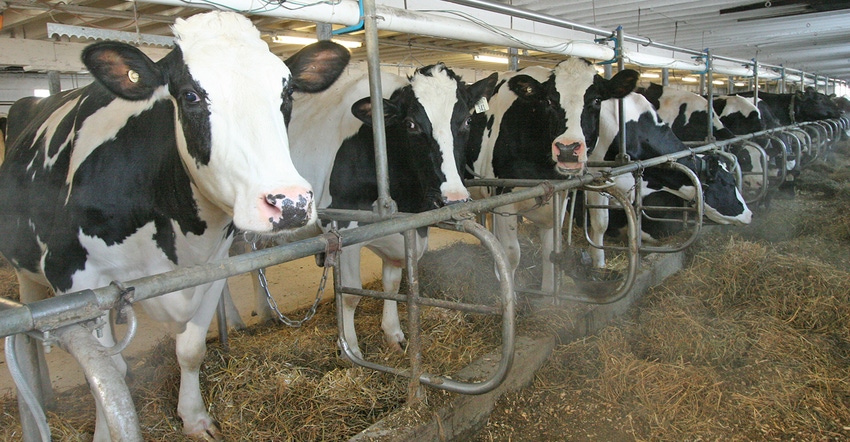November 30, 2018

By Aerica Bjurstrom
It’s commonly known that farming is one of the most dangerous occupations. Research has shown that people on dairy and dairy-mixed operations experience more stress than those at other types of farms. Younger farmers, primarily those younger than 50, report feeling more stress than older farmers. Farm women experience additional stress. Some farm women are full-time partners in the farming operation but may also work off the farm. Whether working on the farm or off, these women often bear most of the family and home responsibilities.
Some levels of stress can be a good motivator for accomplishing tasks and achieving goals, but an unbalanced level of stress can lead to accidents. Farm accidents happen when distractions and time shortages are on the mind.
Winter months can add stress on the farm that’s not experienced in summer. While the stress of planting or harvesting crops isn’t on your mind, freezing temperatures cause a variety of problems that add to your workload. Thawing frozen pipes or dealing with a newborn calf in freezing temperatures can often take longer than anticipated. You may not realize how cold you are, subjecting yourself to frostbite or extreme fatigue. Another danger in winter is slipping and falling on ice. A distracted mind can cause you to hurry or not focus on your task, resulting in a fall.
Learning to recognize your own stress and stress in others can help with coping. Common signs of stress include:
• persistent sad, anxious or “empty” mood
• feelings of hopelessness, pessimism
• feelings of guilt, worthlessness, helplessness
• loss of interest or pleasure in hobbies and activities
• decreased energy, fatigue, being “slowed down”
• difficulty concentrating, remembering, making decisions
• difficulty sleeping or awakening, or oversleeping
• appetite and/or weight changes
• thoughts of death or suicide, suicide attempts
• restlessness, irritability
• persistent physical symptoms
Chronic mental and physical fatigue can reduce alertness and reactionary time in the event of an emergency. Studies also note that psychological stress impedes a worker’s perception, assessment, judgment, and ability to respond to short-term demands on attention and readiness, degrading safety performance and ultimately leading to injury.
Stress is inevitable; however, being aware of triggers and managing potential safety hazards can help make your work place safer for you, your family and your employees. Some simple safety measures include making sure all equipment guards and shields are in place and in working order, replacing burned-out light bulbs to improve workplace lighting, reviewing farm safety protocols with family and employees, and keeping equipment maintained.
For more information on how stress impacts farm safety, visit the University of Wisconsin-Extension Agricultural Safety & Health Information Clearinghouse. The website lists stress management strategies, personal health improvement strategies and resources to seek help, if needed. Stress can’t be avoided, but how you recognize it and respond to it can go a long way in keeping you and everyone around you safe and sound.
Bjurstrom is the Extension agriculture agent in Kewaunee County, Wis. This column is provided by the University of Wisconsin-Extension Dairy Team.
You May Also Like




